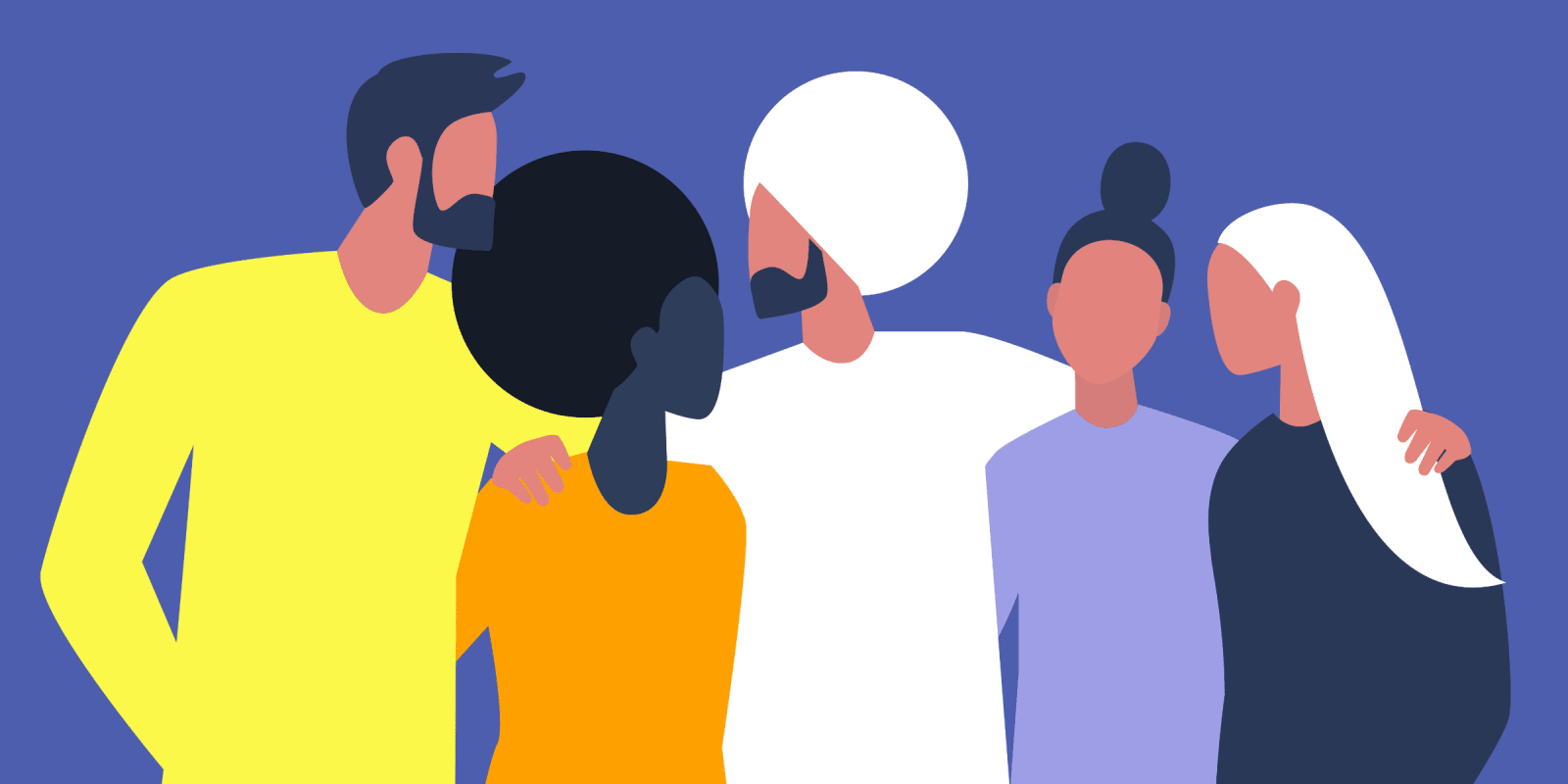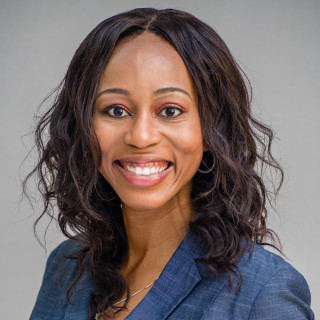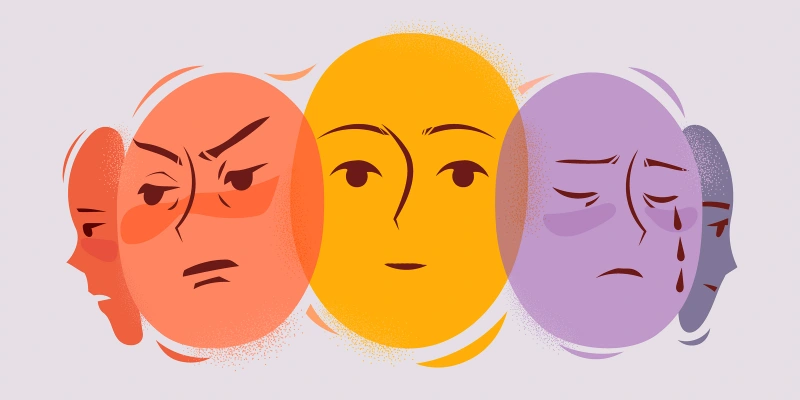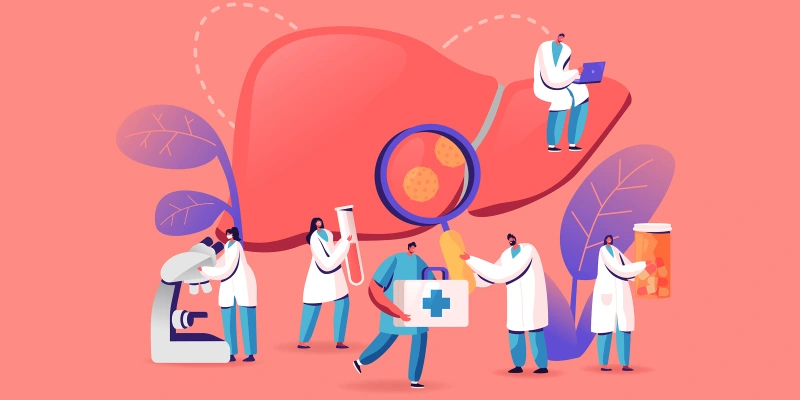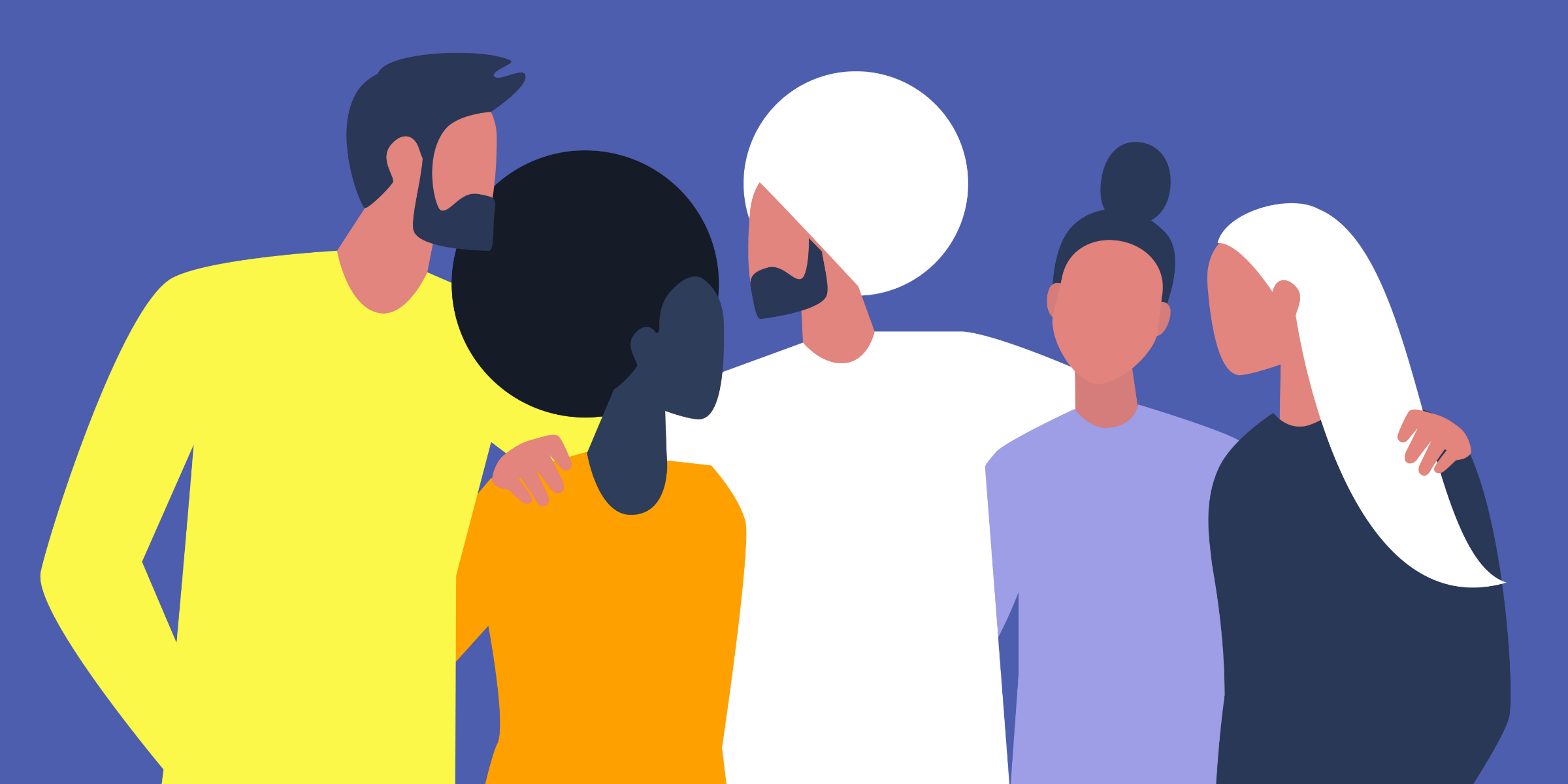
Being a Black person in America has come with an unconscionable amount of added stress this year. Being a Black doctor hasn’t made it easier. For the past few months, I’ve worked 12-hour shifts at the hospital six days a week helping to fight a pandemic that is disproportionately affecting people who look like me. I’ve risked my life and the health of my own family to treat infected patients without a second thought. I’ve seen children encounter a multi-organ system inflammatory disease from coronavirus that impacts their heart, lungs, and kidneys and witnessed African American women give birth in a country that has a maternal mortality rate for Black women that is 3-4x higher than their white counterparts. Despite this, despite the pandemic, the health care disparities, and the long hours, I have maintained my professionalism. I have showed up to work on time, when many people in other professions had the luxury of working from home, and done my job with a smile. The last week of May changed everything.
The murders of Ahmaud Arbery, Breonna Taylor, and George Floyd is too much to bear. Every week there seems to be a new video of yet another unarmed African American who has been unjustly killed at the hands of police officers or wrongly profiled in public spaces for no apparent reason, and I am tired. I am tired of having to pretend like this is OK. I am tired of seeing racism displayed over and over again with very little, if any, consequences for those involved. I am tired of facing the mental stress of worrying whether my father, brothers, or friends are going to make it home safely each night. And this is coming from me, a very privileged brown-skinned doctor.
Contrary to popular stereotypes about Black people, I didn’t grow up in poverty. My parents were born with humble beginnings but worked hard to obtain college degrees and stable jobs that allowed them to create a life for me and my siblings that was free from many economic struggles. As a resident physician, my salary is guaranteed. My health is pristine. I have several degrees, diverse travel experiences, and plenty of friends of various ethnicities. Yet, I am still Black. I still face discrimination. I am still misjudged by the color of my skin or the ethnic sound of my name. I still have people who question my intelligence or assume that I am inadequate merely because of the color of my skin. Although I love my race and enjoy my job as a physician, dealing with systemic racism, especially in 2020, has been exhausting.
I go to work and treat patients in an environment where I myself am the minority. I smile, wave, and maintain professionalism as I interact with my non-Black colleagues despite the anger and frustration I feel with the racial inequities in our health care system and criminal justice system. Many of my non-Black counterparts have the luxury of pretending as though these inequities don’t exist, choosing when and where they want to engage in progress. I do not.
The mental toll that Black Americans feel is one I cannot even begin to describe. The chronic stress of prejudice and racism stretches our resilience well past its limits and negatively impacts our physical well-being, mental health, ambition, and life expectancy. It would be great if our non-Black allies would help lift this burden. I know many of you may feel like you are not responsible for the senseless acts of others who happen to be of your same race but trust me, you are integral to the solution. It can be tempting to ignore the injustice that exists instead of doing the uncomfortable work of helping to change a system that benefits people who look like you, but I implore you to do what is right. Join me in the fight for equality. Whether you’re a medical student, resident, or attending, I promise you, there are things you can do to help go that go beyond posting a black square on Instagram or using hashtags on social media.
- Be a visible ally by showing up to protests, posting information in support of the cause on social media, and signing petitions for change. Speak out against injustice when your own friends, colleagues, and family members say or do something that undermines or minimizes the efforts for justice. Encourage others to do the same.
- Take action by contacting the police chief and attorney general for your state asking for police body cameras to be turned on at all times, improved methods of evaluating police misconduct, and standardized officer trainings that minimize undue force and shootings during civilian arrests. Support campaigns like 8cantwait.org. Contact your mayor, governor, and congressional representatives asking them what policies they are enacting and supporting to help decrease racial tensions and health care disparities in your area.
- Donate to organizations that are fighting for justice, peacefully protesting inequities, and working to change our health care system and criminal justice system for the better. Minimize purchases from companies that have not clearly supported decreasing racial injustices and recognized that #BlackLivesMatter.
- Educate yourself by reading books like "White Fragility" by Robin Diangelo; "How to be Anti-Racist" by Ibram X. Kendi; or "The New Jim Crow" by Michell Alexander. Listen to podcasts centered on Black issues (like 1619, About Race, and Code Switch) so you are educated on what inequities exist and better understand the plight of those who may look and think differently than you are accustomed.
- Reach out to the Black people you know and let them know that they can count on you to speak up against injustice, support policies that promote equality, and vote for politicians who help ensure these propositions are passed in Congress. Encourage your non-Black friends to do the same.
Remember this isn’t just my responsibility as a Black physician, this is our duty as an American society. If we as health care professionals are going to do our job to make this world a better place, we need to start doing so today. Join me in the fight.
Dr. Altelisha Taylor is a family medicine resident at Emory University in Atlanta, GA. She has a passion for primary care sports medicine and enjoys writing articles on personal finance and health policy for several other media outlets including her blog CareerMoneyMoves.
